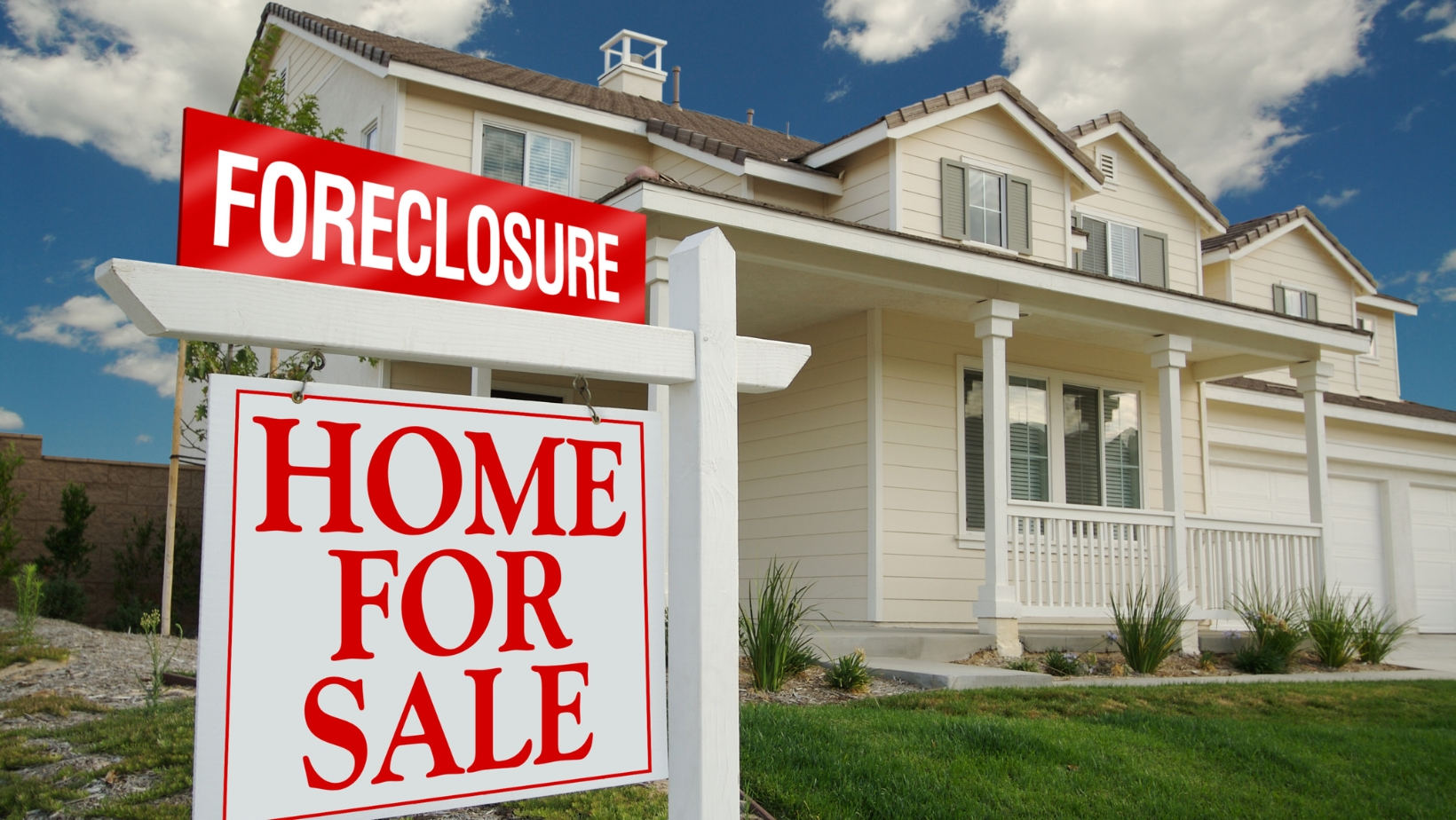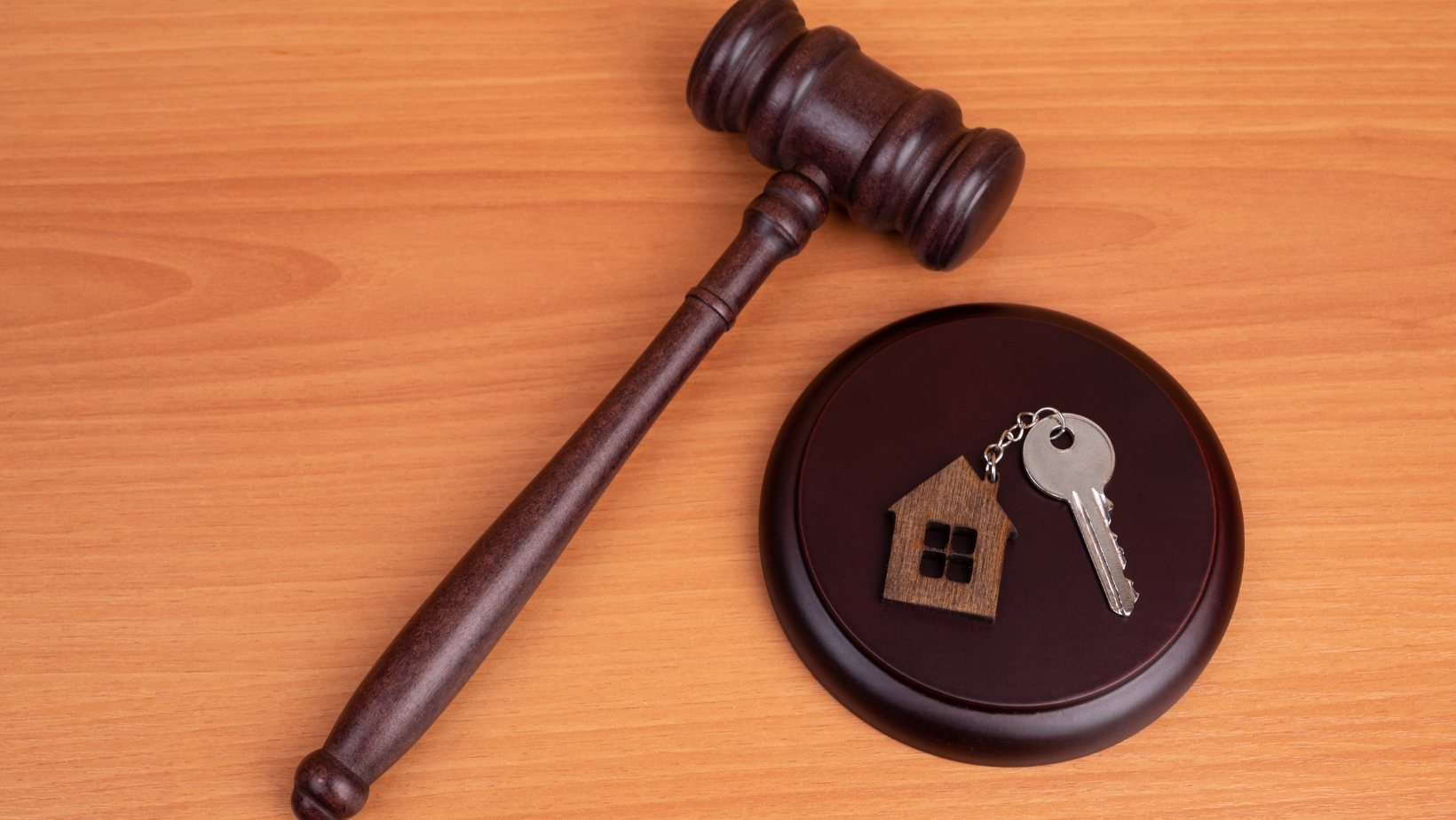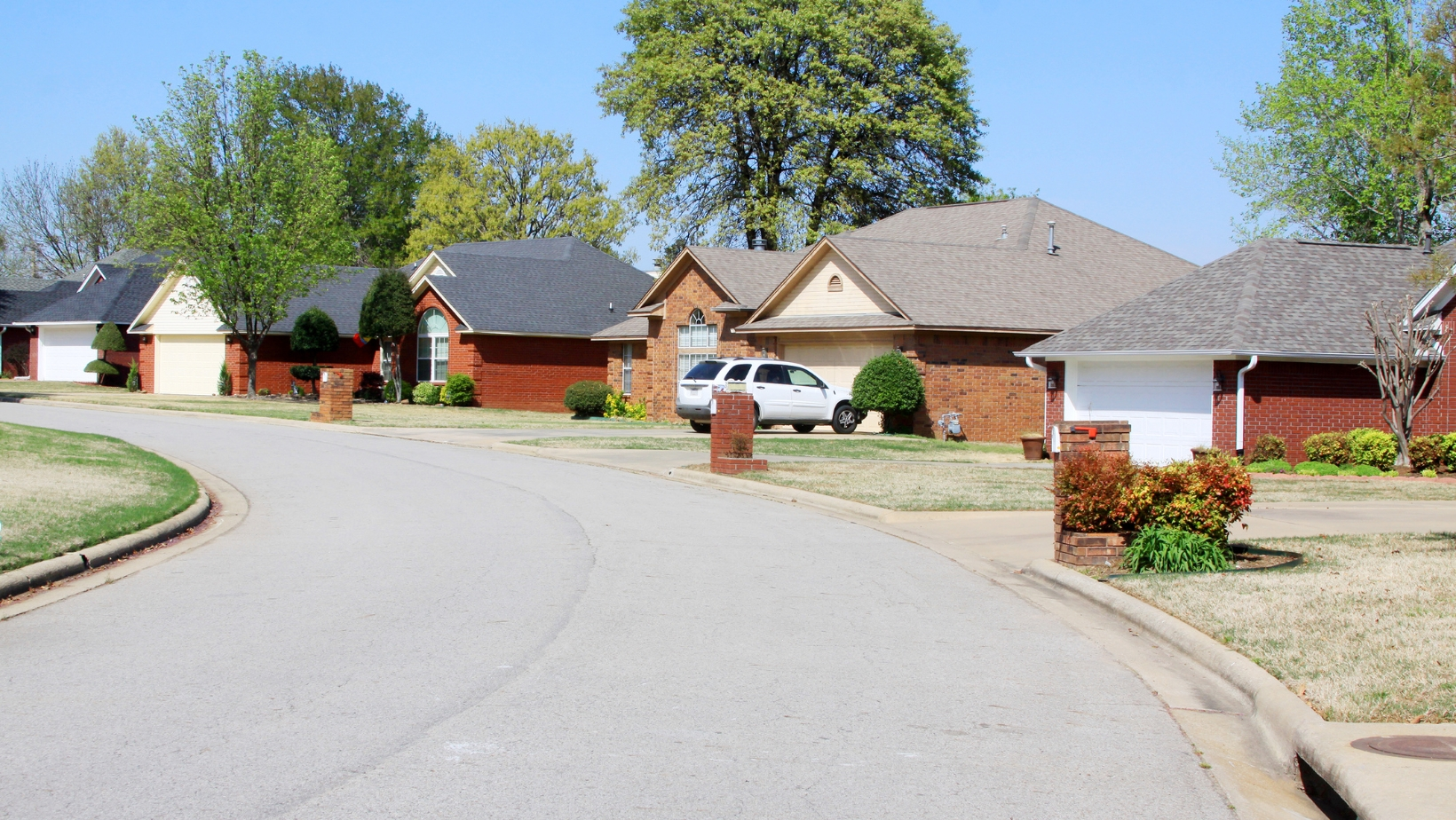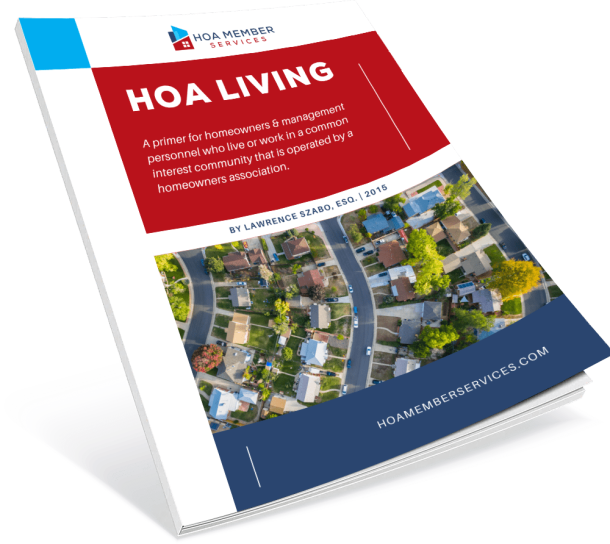You may be wondering, “do you have to pay HOA fees?” When you join an HOA community, you agree to pay assessments, also known as “HOA fees,” and follow the various regulations and rules in the HOA’s governing documents, like the Covenants, Conditions, and Restrictions (CC&Rs).
If you don’t pay the fees or follow the community’s rules, you could face serious consequences, like a lawsuit or foreclosure. Foreclosure and unpaid HOA fees can hurt your credit scores.

How Do HOA Fees Work?
In a homeowners’ association (HOA) community, each household or unit must pay association dues and pays regular and special assessments, commonly known as fees.
How Are HOA Fees Determined?
An HOA has a board of directors that creates a budget for the association or community every year. The board decides how much each household or unit should pay as a monthly, yearly, or quarterly fee.
Sometimes, the board’s budget predictions are off. When this happens, the HOA may need more funds and can impose a special assessment to cover a one-time expense for a major repair or improvement.
Most HOAs have the right to place a lien on your home if you don’t pay your fees.
Can You Ignore Fines?
If you don’t pay your assessments, the HOA usually has an automatic lien on your home. This lien attaches to the property based on:
- The date the assessments are due
- The date when the CC&Rs were recorded in the land records
- When the HOA recorded a notice of lien in the land records
The lien happens as soon as you’re late in paying the fees. The HOA doesn’t need a court judgment first. (A judgment lien, by contrast, requires a court judgment before the lien is placed on your home.)
The HOA typically prepares a “Notice of Lien” or similar document that describes the property and the amount owed. In some states, the HOA must record this notice at the county recorder’s office to make the lien valid. In other states, recording the lien isn’t required, but the HOA often does it anyway to make it public.
Having a lien on your home can cause problems if you try to refinance or sell your property because potential lenders or buyers will see it when they check your property’s title.
Why Can an HOA Lien Pose a Problem?
An HOA lien can cause issues because it warns people that if they lend you money with the house as collateral or buy the house, the HOA lien takes priority. Priority decides who gets paid first after a foreclosure.
A potential lender will worry that the HOA might foreclose, causing the lender to lose some or all of the money owed. After a foreclosure sale, liens are paid off in order of their priority, but sometimes the sale doesn’t bring in enough money to pay off all the liens. A potential buyer will be concerned about losing the house if the HOA forecloses.
What Legal Actions Can an HOA Take to Collect Assessment Debt?
If you don’t pay your HOA fees, the HOA might take several steps to collect the debt. These actions can vary depending on state laws, but here are the common steps HOAs take:
Charge Interest and Late Fees
If you miss a payment, the HOA will likely charge interest and late fees on the unpaid amounts. You’ll probably get a notice about the missed payment, telling you how much you owe and what will happen if you don’t pay. This initial step is to encourage timely payments and cover any additional administrative costs the HOA incurs due to the missed payment.
Take Away Your Privileges
The HOA might stop you from using common areas like the clubhouse, pool, or gym until you pay what you owe. This is another way to encourage homeowners to pay their fees, as access to these amenities is often a key reason people choose to live in an HOA community. The suspension of these privileges can be a strong motivator for homeowners to catch up on their payments.
Sue You in Court
If you continue to miss payments, the HOA might take more serious legal action by suing you in court to get a money judgment. This means the HOA will formally file a lawsuit against you, and if the court sides with the HOA, they can take money from your bank account (a “levy”) or garnish your wages to collect what you owe. This step involves additional legal costs and time, but it is often effective in recovering the owed money.
Foreclose
Most HOAs have the right to place a lien on your home if you don’t pay your fees. If the HOA believes you don’t have the funds available in your bank account or from your job to pay the money judgment, they might choose to foreclose on the lien on your property anyway. This means they can sell your home to pay off what you owe. Foreclosure is a severe step, but it is a legal right that HOAs can exercise if necessary.
How Does the Foreclosure Process Work?
The foreclosure process can vary significantly by state. In some states, the HOA must file a lawsuit in court to foreclose, known as a “judicial foreclosure.” This involves going through the legal system to get approval to foreclose on the property. The process includes filing paperwork, attending court hearings, and getting a court order to sell the property.
In other states, the HOA can use a nonjudicial (out-of-court) process. This means the HOA follows the procedures outlined in state statutes and the CC&Rs without the homeowner going to court. Nonjudicial foreclosures are usually faster and less expensive than judicial foreclosures, but they still must comply with strict legal requirements to be valid.
What Can an HOA Do If You Break the Rules?
If you break the rules set by the HOA, like painting your mailbox a color that’s not approved, the HOA will likely send you a few letters asking you to repaint it. If you don’t fix the problem, the HOA might take one or more of these actions:
Fine You
The HOA can charge you a fine for each day you don’t fix the maintenance issue, such as $100 per day.
Fix the Problem Themselves
The HOA might come onto your property to correct the problem and then charge you for the cost of repainting the mailbox.
Take Away Your Access to Common Facilities
The HOA could stop you from using common areas like the clubhouse, pool, or gym until you resolve the issue.
File a Lawsuit
If you don’t correct the problem or the HOA doesn’t fix it for you, the HOA might take you to court. They might ask the court to order you to repaint the mailbox.
The HOA might also ask the court for a money judgment against you for any other unpaid fees or fines. If the court sides with the HOA, they can take money from your bank account or garnish your wages to collect what you owe.
Foreclosure
An unpaid fine might not automatically become a lien, which is different from unpaid dues and assessments. But in some states, the HOA can include fines in an assessment lien.
Depending on state law and the HOA’s governing documents, the HOA might foreclose on that lien. While some states don’t allow liens for unpaid fines, others do.
How Can an HOA Foreclosure Hurt Your Credit Score?
When you miss a payment on a debt, like a mortgage or credit card, the creditor reports it to the three main credit bureaus: Equifax, Experian, and TransUnion. The missed payment shows up on your credit report and lowers your credit score. The longer you go without making a payment, the lower your scores will get.
To report missed payments to the credit bureaus, a company needs to be a member. Some HOAs don’t join because it costs money and has reporting requirements. So, your HOA might not report missed payments. However, if the HOA hands your debt over to a collection agency, the agency might report it. If you still don’t pay, the HOA could foreclose.
What to Do if Your HOA Threatens Foreclosure
If your HOA is threatening foreclosure, you might be able to ask for a preforeclosure meeting to discuss the issue. During this meeting, you could negotiate a solution, such as agreeing to a payment plan to settle your fees or fines in exchange for the HOA delaying the foreclosure.
Even if you lose your home to an HOA foreclosure, some states allow you to redeem your home after the sale by paying what you owe. If you’re looking for more resources on HOA foreclosures or HOA liens, HOA Member Services offers a wealth of knowledge. You can even get in touch with an attorney by becoming an HOA Member Services member. Act quickly and know your rights to protect your home.







